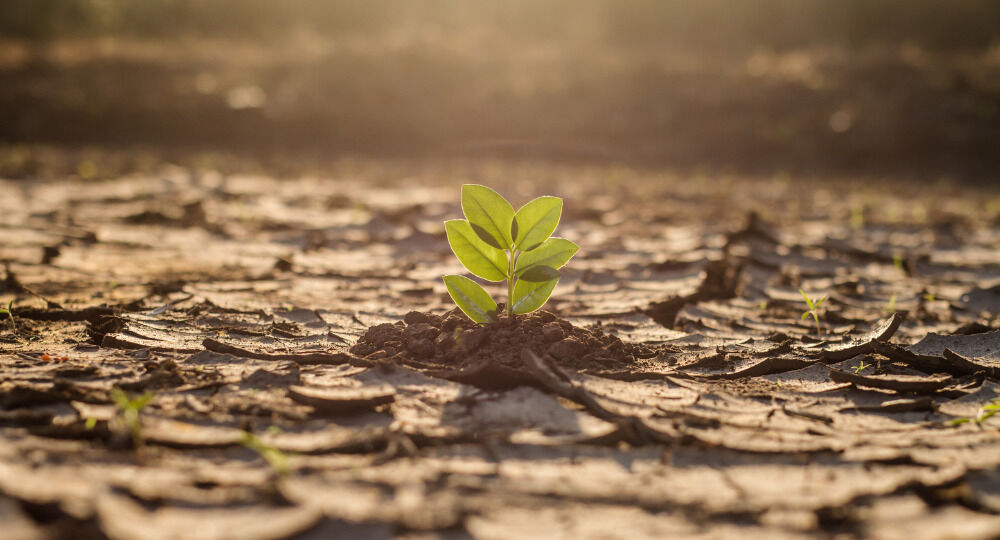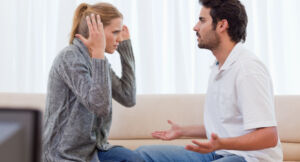By Marilee Feldman, LCPC, CADC
When I was in grade school, we made time capsules, which we opened when we graduated from high school. I had written a letter to my future self, wondering “Will there still be pollution?”
Even decades ago, children were being taught about the destruction of our planet and had begun worrying about it, myself included. If only we had taken substantive action at that time. I feel sad and guilty about all that we might have done, and didn’t do.
While the terminology has changed from “pollution” to “climate change,” today our awareness of human’s impact on our world is at a new high. While increasing awareness is a good thing, it’s sad that it’s taken this level of crisis to get there.
One aspect of the climate emergency that gets overlooked is its impact our mental health. We’re currently inundated with imagery that shows us: the world is not okay. On TV and social media, we see endless extreme weather events, forest fires destroying neighborhoods, ice storms cutting out electricity for weeks, and we know, things are starting to unravel, and it’s only the beginning.
It’s making us sad, scared, and anxious, particularly youth, who envision a future of doom.
According to the Yale Program on Climate Change Communication, 73% of Americans think climate change is happening, and 68% are worried about it. A 2021 study of youth in ten countries revealed that
- 59% of young people are extremely worried and 84% at least moderately worried about climate change
- 75% feel that the future is frightening
- 65% feel that governments are failing them and this is resulting in a loss of trust in governments and
- 11% feel it is “too late to do anything.”
And yet no one is talking about it.
No one is talking about how our basic sense of safety in this world is disrupted by these forms of collective trauma. And yet some—particularly our youth—are increasingly concerned about their future, given the urgency of the climate situation, and are getting anxious and depressed. Parents are concerned for their kids, grandparents for their grandkids. Our youth are thinking,
- What is the point of getting an education, when the world is coming to an end?
- Why should I work hard? I should live for the current moment as it’s all about to disappear.
- Can I justify bringing a child into this world, to face societal collapse?
Eco-anxiety is defined by the American Psychological Association as “the chronic fear of environmental cataclysm that comes from observing the seemingly irrevocable impact of climate change and the associated concern for one’s future and that of next generations.” And while that sounds official, like a diagnosis of some sort, it’s not, because climate anxiety is a rationale response to what is happening.
In her book Generation Dread, about the impact of climate change on youth, Britt Wray says,
It is reasonable to be worried…It is appropriate to grieve…It is understandable to be scared…It is decent to rage… There is nothing pathological about this pain. It is an unavoidable symptom of a very sick society.
To feel anxious about the future makes sense, and yet the fact that no one is talking about these feelings makes those who are struggling feel alienated and alone, questioning their perceptions. “How come no one else seems worried about this? Does that mean something is wrong with me?” Conversely, that might engender rage, “HOW COME NO ONE IS TALKING ABOUT THIS?”
Some of the feelings that come about with climate anxiety include:
- Fear
- Rage
- Worry
- Guilt
- Dread
- Sadness
- Despair
- Grief
Because eco-anxiety is a natural response to what’s occurring in the world, it shouldn’t be considered a variant of typical anxiety, or “excessive worry.” Because it’s reasonable to feel anxious, when one seeks help for climate anxiety, they shouldn’t be treated as though their worries are excessive or unreasonable. And yet many therapists take the same approach to eco-anxiety as they do generalized anxiety, causing harm to their client.
If you’re seeking help for climate anxiety, it’s important to know that therapists who are not climate aware are sometimes struggling with their own feelings about the climate disaster. Some may be simply not aware of the degree of risk that humanity faces and minimize your concerns. Others may be struggling with increasing awareness of the climate crisis but coping through denial, and under those circumstances there may be a tendency to focus on what is wrong with you rather face the reality of our current situation. The therapist may not want to hear more about climate change due to their own distress and may come across as minimizing or defensive. Climate-aware therapists, conversely, have generally put in the work to explore their own feelings and have the capacity to stay present with the client’s own difficult emotions.
Fortunately a good climate-aware therapist can help those who are struggling, by providing a safe space free of judgment in which you can explore your feelings and learn ways to cope. While climate-aware therapy won’t erase your fears, it can help you with ways to relate differently to what you’re experiencing so that you can feel more empowered in dealing with your emotions and the climate crisis.
To learn more about Marilee Feldman click here.



